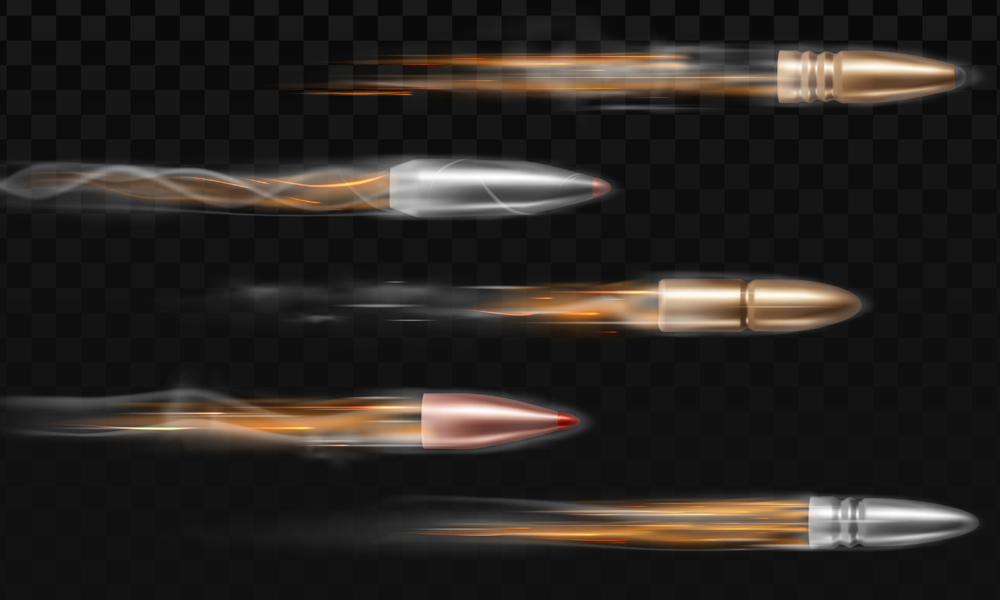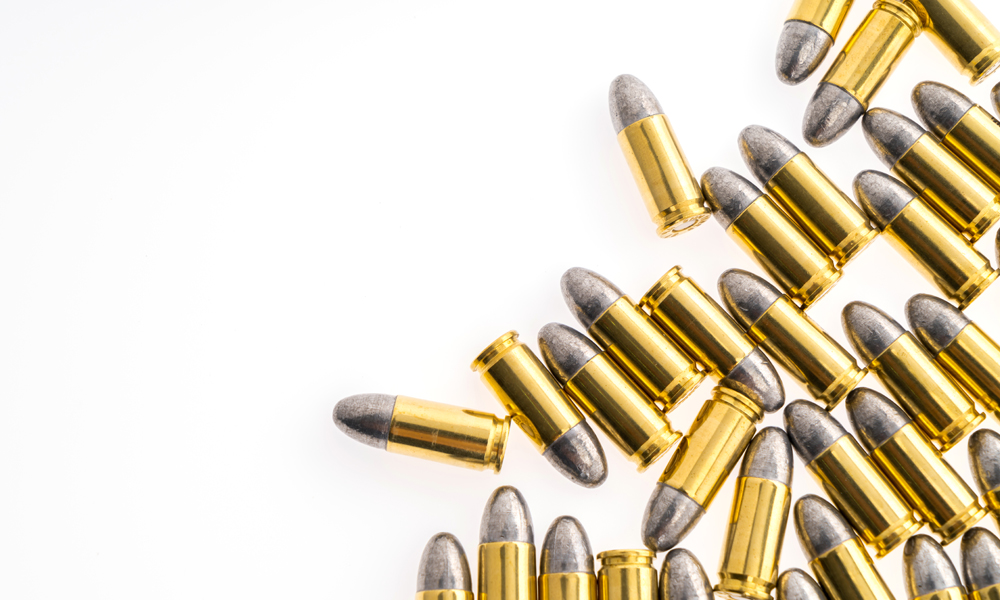How to Choose the Right Ammunition for Your Firearm?

Selecting the appropriate ammunition for your firearm is a critical aspect of responsible gun ownership. The choice of ammunition can greatly affect the performance, accuracy, and safety of your firearm. Whether you are a seasoned shooter or a beginner, understanding how to choose the right ammunition is essential. In this blog, we will guide you through the factors and considerations that will help you make informed decisions when selecting ammunition for your firearm.
Know Your Firearm
The first step in choosing the right ammunition is to understand your firearm. Different firearms are designed to use specific types of ammunition, and using the wrong ammunition can be dangerous and damaging to the firearm. Check your firearm's owner's manual or consult the manufacturer's recommendations to determine the appropriate caliber and type of ammunition.
Caliber and Gauge
Caliber and gauge are the two primary specifications to consider when choosing ammunition:
Caliber: For handguns and rifles, caliber refers to the internal diameter of the gun's barrel. It is typically expressed in millimeters or inches (e.g., 9mm, .45 ACP, .223). The caliber of your gun will dictate the type of ammunition it can safely use.
Gauge: For shotguns, gauge refers to the bore size of the shotgun barrel. Typical gauge sizes encompass 12, 20, and .410 bore. Make sure you use the appropriate gauge of ammunition for your shotgun.
Purpose and Use
Consider the purpose of your gun when selecting ammunition. Are you employing it for self-defense, target practice, hunting, or competitive purposes? Different activities may require different types of ammunition. For instance:
Self-defense: Choose defensive ammunition designed to expand upon impact and create stopping power while minimizing the risk of over-penetration.
Target shooting: Opt for inexpensive, reliable ammunition suited for practice and training. Full metal jacket (FMJ) or ball ammunition is commonly used for this purpose.
Hunting: Select ammunition appropriate for the game you intend to hunt. There are different loads and bullet types for various game animals. Research and choose ammunition that provides effective terminal ballistics.
Competition shooting: Depending on the discipline, specialized ammunition may be required for accuracy, reduced recoil, and consistent performance.
Bullet Type
The type of bullet used in your ammunition can have a significant impact on performance. Some common bullet types include:
Full Metal Jacket (FMJ): FMJ bullets have a soft lead core enclosed in a harder metal shell. They are known for their reliability and minimal expansion upon impact. These are often used for target shooting and practice.
Hollow Point (HP): HP bullets are designed to expand upon impact, creating a larger wound channel. They are commonly used in self-defense ammunition.
Soft Point (SP): SP bullets have a soft lead tip, which allows for controlled expansion and improved energy transfer. They are popular for hunting ammunition.
Ballistic Tip: Ballistic tip bullets feature a plastic tip designed to enhance accuracy and expand upon impact, making them suitable for both hunting and long-range shooting.

Velocity and Energy
Pay attention to the velocity and energy of the ammunition you select. The velocity (measured in feet per second, fps) and energy (measured in foot-pounds, ft-lbs) of the bullet can affect its trajectory, terminal ballistics, and overall performance. Manufacturers often provide this information on the ammunition box. For hunting or personal defense, consider ammunition with sufficient velocity and energy for the intended purpose.
Reliability and Consistency
Reliability is paramount when choosing ammunition. Look for reputable brands and lines of ammunition known for their consistent performance and quality control. Ammunition that consistently feeds, fires, and ejects without issues is crucial, especially in self-defense and competition scenarios.
Recoil Management
Consider the recoil of the ammunition you choose, particularly if you plan to shoot frequently or for extended periods. Lighter loads or reduced recoil ammunition can help manage recoil, making shooting more comfortable and allowing for quicker follow-up shots.
Cost and Availability
Ammunition costs can vary significantly based on the caliber, brand, and type. Consider your budget and the availability of the ammunition for sale you need. Keep in mind that while inexpensive ammunition is suitable for practice, it may not be ideal for self-defense or other specialized uses.
Local and Legal Considerations
Be aware of any local, state, or federal laws and regulations that may restrict or dictate the type of ammunition you can use. Some areas have restrictions on ammunition capacity or the use of specific types of bullets.
Choosing the right ammunition for your firearm is a crucial aspect of responsible gun ownership. It involves understanding your gun, its purpose, and the various factors that affect ammunition performance. By considering the caliber, bullet type, purpose, velocity, reliability, recoil management, cost, and legal considerations, you can make informed decisions and ensure the safety and effectiveness of your firearm. Whether you're a recreational shooter or a seasoned gun owner, the right ammunition choice enhances both safety and shooting performance.
